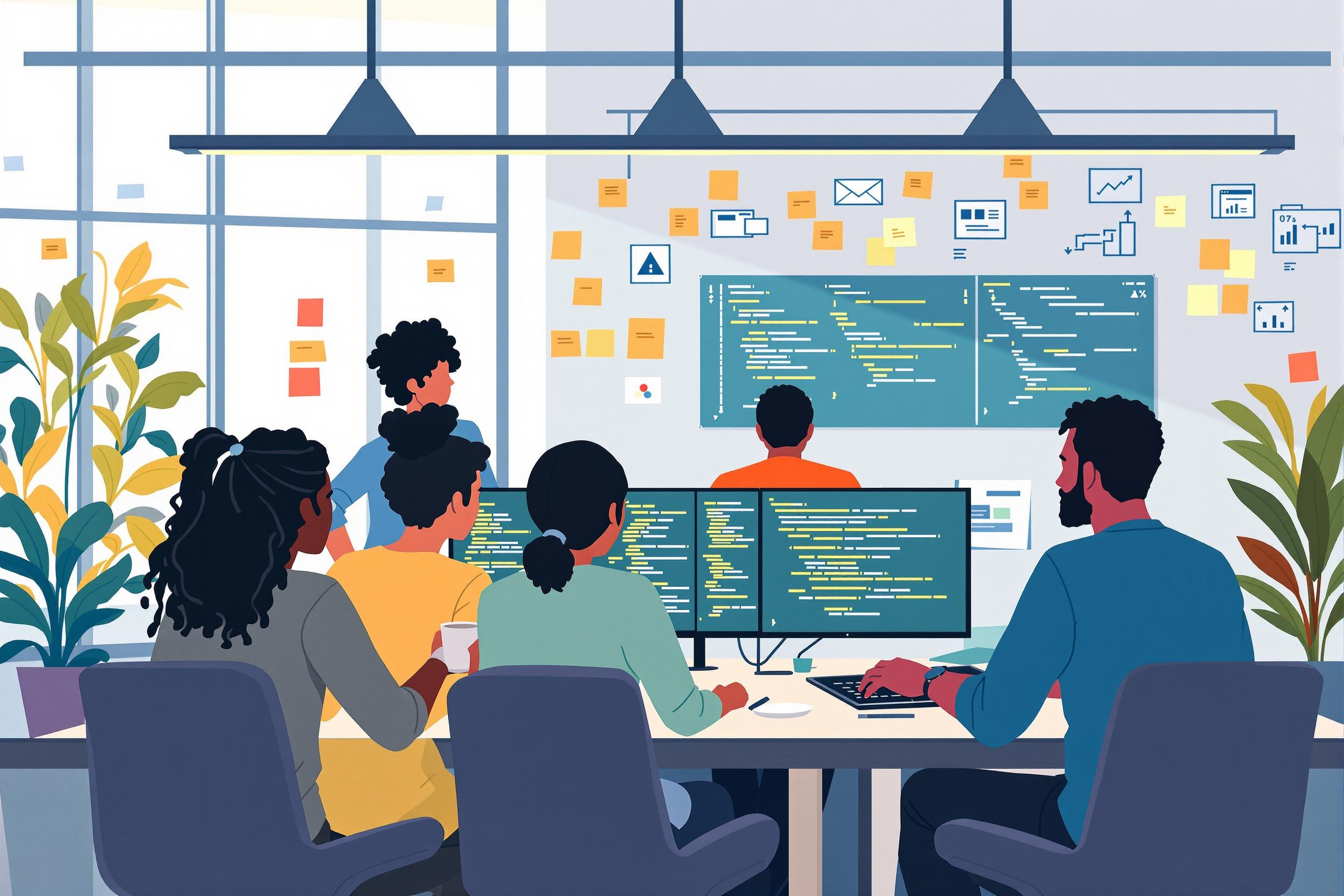
Console Programming
Console Programming refers to the skill of setting up and controlling theatrical lighting systems using specialized computer boards (called lighting consoles). Think of it like conducting an orchestra, but with lights instead of musicians. These specialists use lighting control boards to create, save, and play back lighting effects for theater shows, concerts, or events. The term appears in job descriptions when venues or production companies need someone who can operate these sophisticated lighting control systems. Similar terms include "Board Programming" or "Lighting Console Operation."
Examples in Resumes
Programmed complex lighting sequences using Console Programming for Broadway-style productions
Created and managed over 200 lighting cues through Console Programming for national touring shows
Utilized Console Programming and Board Programming skills on ETC and MA lighting consoles for live events
Typical job title: "Lighting Console Programmers"
Also try searching for:
Where to Find Lighting Console Programmers
Professional Organizations
Online Communities
Job Resources
Example Interview Questions
Senior Level Questions
Q: How would you handle programming a complex musical with multiple moving lights and frequent cue changes?
Expected Answer: Should demonstrate knowledge of organizing cues effectively, creating backup plans, working with designers, and managing time during tech rehearsals. Should mention experience with various console types and troubleshooting methods.
Q: Tell me about a challenging show you programmed and how you solved technical issues.
Expected Answer: Should share real experience managing complex shows, problem-solving abilities, and how they work under pressure while maintaining show quality.
Mid Level Questions
Q: What's your process for backing up show files and preventing data loss?
Expected Answer: Should explain regular backup procedures, file management systems, and recovery methods. Should mention both console and external backup strategies.
Q: How do you organize your cue lists for a typical show?
Expected Answer: Should describe logical cue numbering systems, use of labels and notes, and how they structure cues to make shows easy to run and modify.
Junior Level Questions
Q: What experience do you have with different types of lighting consoles?
Expected Answer: Should be able to name major console brands they've worked with and describe basic programming functions they're comfortable with.
Q: How do you prepare for a programming session?
Expected Answer: Should mention reviewing lighting plots, paperwork organization, and basic console setup procedures.
Experience Level Indicators
Junior (0-2 years)
- Basic console operation
- Simple cue creation and playback
- Understanding of basic lighting terminology
- Following cue sheets
Mid (2-5 years)
- Working with multiple console types
- Complex cue management
- Troubleshooting during shows
- Working with moving lights
Senior (5+ years)
- Advanced show programming
- Managing large-scale productions
- Training other operators
- Technical direction capabilities
Red Flags to Watch For
- No hands-on experience with major lighting consoles
- Lack of live show experience
- Unable to explain basic cueing concepts
- No knowledge of DMX or lighting protocols
- Poor time management during tech rehearsals




